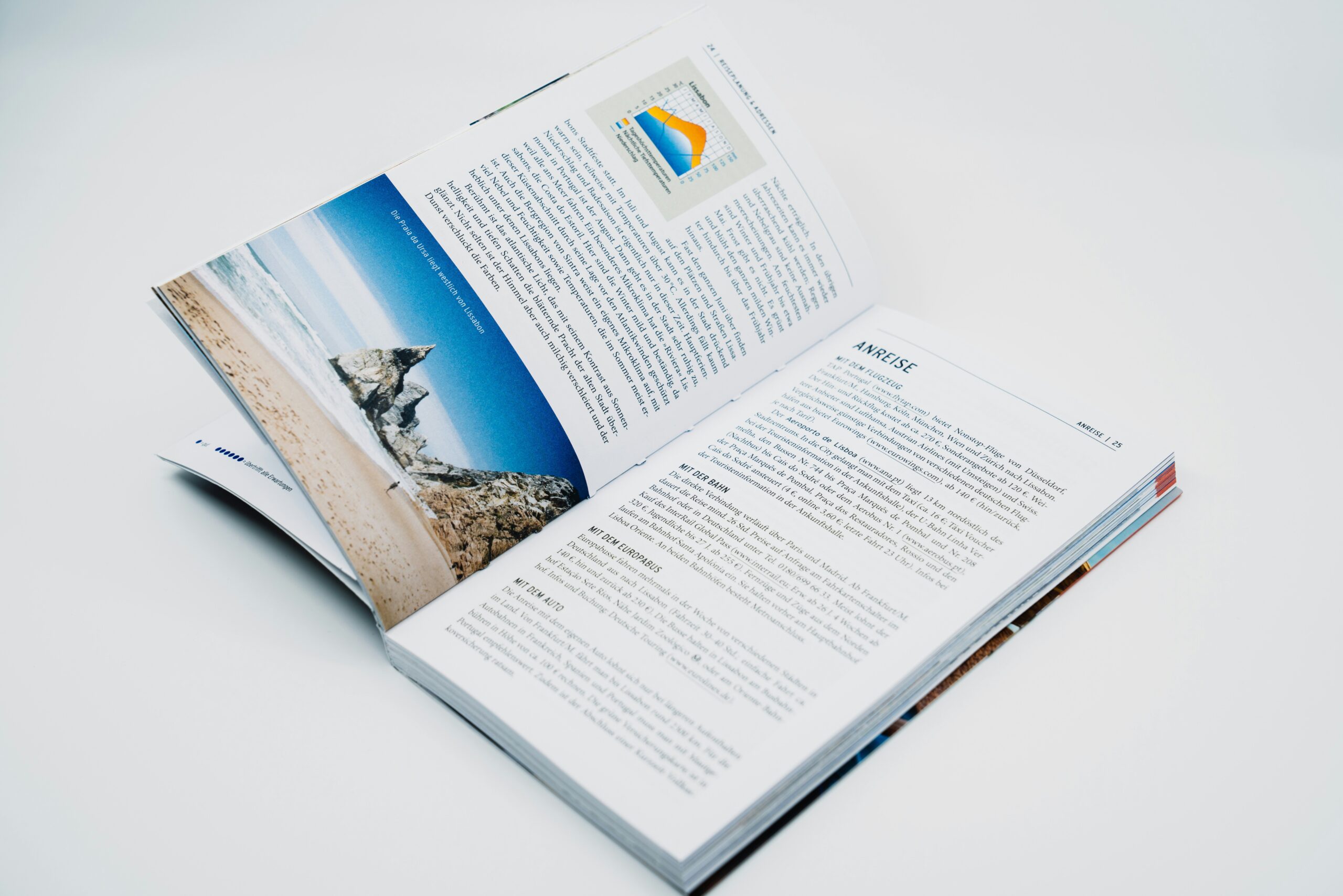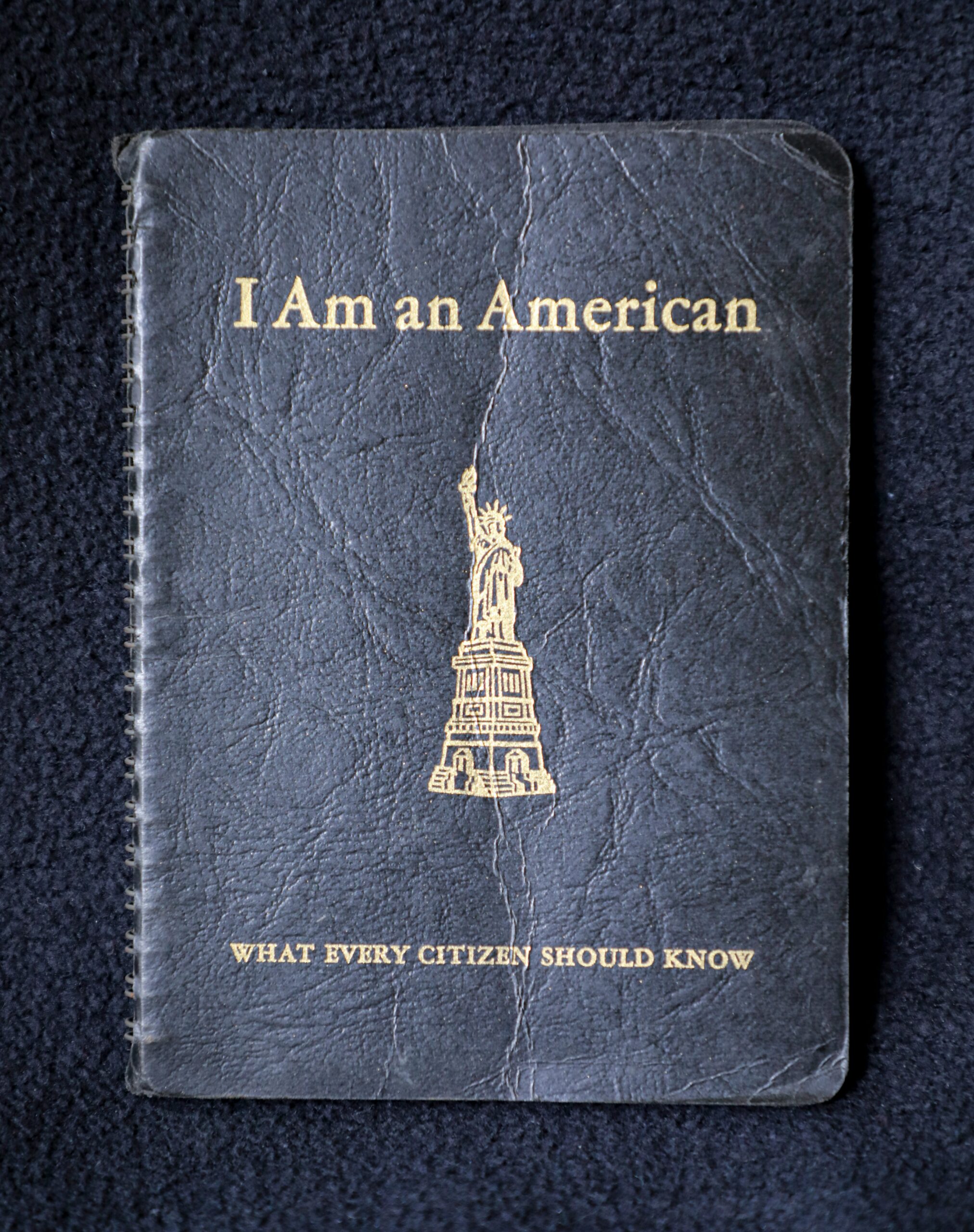In the world of business and entrepreneurship, success often comes hand-in-hand with fame and public attention. The likes of Elon Musk, Jeff Bezos, Roman Ibrahimović, Jim Ratcliff and many others bask in the glory of their wealth. However, in certain parts of the world, this isn’t always the case. In particular, Asia’s ultra-rich and billionaires often prefer to keep a low profile, avoiding the spotlight and shunning public attention. In this blog post, we explore some of the reasons why the rich in Asia keep a low profile.
Cultural Values and Social Norms
One of the primary reasons why many wealthy individuals in Asia keep a low profile is due to cultural values and social norms. Modesty and humility are highly prized traits in many Asian cultures, and individuals who flaunt their wealth or seek public attention are often viewed as lacking class or being crass. This is particularly true in countries like China, Japan, and South Korea, where social order and group harmony are considered more important than individual achievement.
For example, take the case of Zhang Zhidong, the co-founder of Tencent Holdings, one of China’s largest technology companies. Despite being one of the richest people in China, Zhidong is known for his low-key and private lifestyle. He rarely gives interviews or appears in public, and is rarely seen driving anything other than a basic sedan. This is consistent with traditional Chinese values that emphasize humility and modesty in the face of success.
Privacy and Security Concerns
Another reason why many wealthy individuals in Asia prefer to keep a low profile is due to privacy and security concerns. As the number of Asian billionaires and ultra-rich individuals has grown, so too have the risks associated with being wealthy. These risks can include kidnapping, extortion, and other forms of targeted violence, as well as cybercrime, identity theft, and other forms of financial fraud.
In addition, some Asian countries may lack strong legal and regulatory protections, making it more difficult for individuals to safeguard their wealth and assets. As a result, many of Asia’s wealthiest individuals prefer to avoid public attention and maintain a low profile in order to minimize these risks.

For example, Tan Sri Lim Kok Thay, the founder and CEO of Genting Group, one of Malaysia’s largest conglomerates, is known for his tight security and low-key lifestyle. Despite being one of the richest people in Asia, Lim avoids public appearances and keeps a low profile in order to protect himself and his family from potential security threats.
Business Strategy
In some cases, maintaining a low profile can also be a strategic decision for wealthy individuals in Asia. Many of Asia’s ultra-rich are involved in highly competitive industries such as finance, technology, and real estate. By keeping their business dealings private and avoiding public attention, they can protect their trade secrets and maintain a competitive advantage.

For example, Lee Kun-hee, the former chairman of Samsung Group, was known for his low-key and private lifestyle, despite being one of the wealthiest people in South Korea. Lee was instrumental in turning Samsung into one of the world’s leading technology companies, and was involved in a number of high-stakes business negotiations and deals. By keeping a low profile, Lee was able to avoid unwanted attention and maintain the confidentiality of his business dealings.
Philanthropic Giving
Finally, many wealthy individuals in Asia are also hesitant to draw public attention to their philanthropic activities and donations. In many Asian countries, charitable giving is viewed as a private matter, and individuals who engage in philanthropy are often hesitant to draw attention to their charitable activities or donations.
This is partly due to cultural values around modesty and humility, but it is also driven by practical considerations. In some Asian countries, charitable giving is not tax-deductible, which means that there is less incentive for individuals to publicize their donations. Additionally, some wealthy individuals may prefer to give anonymously in order to avoid unwanted attention or criticism.
THE MOST SECRETIVE ASIAN BILLIONAIRES
Continuing with our exploration of the rich in Asia who keep a low profile, let’s take a closer look at some of the most secretive billionaires in the region:
- Li Xiting – Li Xiting is a Chinese billionaire and the co-founder of Mindray Medical International, a leading medical technology company. With a net worth estimated to be over $20 billion, Li is one of the richest individuals in China. Despite his wealth, Li is known for his modest lifestyle and avoidance of public attention. He rarely gives interviews or appears in the media, preferring to focus on his business interests.
- Yusaku Maezawa – Yusaku Maezawa is a Japanese billionaire and entrepreneur who made his fortune in the fashion industry. He is the founder of Zozotown, Japan’s largest online fashion retailer. With a net worth estimated to be over $2 billion, Maezawa is known for his lavish spending on art and experiences. However, he also maintains a low profile and rarely grants interviews or appears in public.
- Cheng Yu-tung – Cheng Yu-tung was a Hong Kong billionaire and the founder of the Chow Tai Fook Jewelry Group, one of the world’s largest jewelry retailers. With a net worth estimated to be over $16 billion, Cheng was one of the wealthiest individuals in Asia. Despite his immense wealth, Cheng was known for his modesty and discretion. He rarely appeared in public and was known for his philanthropic activities.
- Azim Premji – Azim Premji is an Indian billionaire and the founder of Wipro, one of India’s largest IT services companies. With a net worth estimated to be over $17 billion, Premji is one of the richest individuals in India. However, he is also known for his low-key lifestyle and avoidance of ostentatious displays of wealth. He is known for his philanthropic activities and has donated billions of dollars to charitable causes.
- Lui Che Woo – Lui Che Woo is a Hong Kong billionaire and the founder of Galaxy Entertainment Group, one of the world’s largest casino operators. With a net worth estimated to be over $13 billion, Lui is one of the wealthiest individuals in Asia. Despite his wealth, Lui is known for his modest lifestyle and avoidance of public attention. He rarely gives interviews or appears in the media, preferring to focus on his business interests.
Conclusion
In conclusion, the decision to keep a low profile is a complex one for many of Asia’s wealthiest individuals. Cultural values, security concerns, and business strategy all play a role in shaping the behavior of the ultra-rich in Asia. While some individuals may be more ostentatious than others, many of the region’s wealthiest individuals prefer to maintain a low profile and avoid drawing attention to themselves or their wealth.













